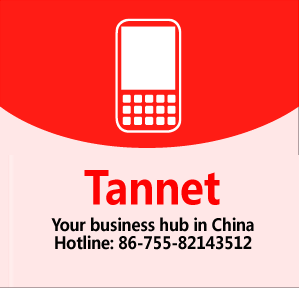Swiss Company Registration Service
Hotline: 86-755-82143422 Email: anitayao@citilinkia.com
Switzerland voted against membership in the European Economic Area in a referendum in December 1992 and has since maintained and developed its relationships with the European Union (EU) and European countries through bilateral agreements. In March 2001, the Swiss people refused in a popular vote to start accession negotiations with the EU. In recent years, the Swiss have brought their economic practices largely into conformity with those of the EU in many ways, in an effort to enhance their international competitiveness. The economy grew at 3% in 2010, 1.9% in 2011, and 1% in 2012. Full EU membership is a long-term objective of some in the Swiss government, but there is considerable popular sentiment against this supported by the conservative SVP party. The western French-speaking areas and the urban regions of the rest of the country tend to be more pro-EU, however with far from any significant share of the population.

The government has established an Integration Office under the Department of Foreign Affairs and the Department of Economic Affairs. To minimise the negative consequences of Switzerland's isolation from the rest of Europe, Bern and Brussels signed seven bilateral agreements to further liberalise trade ties. These agreements were signed in 1999 and took effect in 2001. This first series of bilateral agreements included the free movement of persons. A second series covering nine areas was signed in 2004 and has since been ratified, which includes the Schengen Treaty and the Dublin Convention besides others. They continue to discuss further areas for cooperation.
In 2006, Switzerland approved 1000 million francs of supportive investment in the poorer Southern and Central European countries in support of cooperation and positive ties to the EU as a whole. A further referendum will be needed to approve 300 million francs to support Romania and Bulgaria and their recent admission. The Swiss have also been under EU and sometimes international pressure to reduce banking secrecy and to raise tax rates to parity with the EU. Preparatory discussions are being opened in four new areas: opening up the electricity market, participation in the European GNSS project Galileo, cooperating with the European centre for disease prevention and recognising certificates of origin for food products.
On 27 November 2008, the interior and justice ministers of European Union in Brussels announced Switzerland's accession to the Schengen passport-free zone from 12 December 2008. The land border checkpoints will remain in place only for goods movements, but should not run controls on people, though people entering the country had their passports checked until 29 March 2009 if they originated from a Schengen nation.
On 9 February 2014, Swiss voters narrowly approved by 50.3% a ballot initiative launched by the national conservative Swiss People's Party (SVP/UDC) to restrict immigration, and thus reintroducing a quota system on the influx of foreigners. This initiative was mostly backed by rural (57.6% approvals), suburban (51.2% approvals), and isolated cities (51.3% approvals) of Switzerland as well as by a strong majority (69.2% approval) in the canton of Ticino, while metropolitan centers (58.5% rejection) and the French-speaking part (58.5% rejection) of Switzerlnd rather rejected it. Some news commentators claim that this proposal de facto contradicts the bilateral agreements on the free movement of persons from these respective countries.
Contact Us
For further queries about investment in Switzerland, please do not hesitate to contact ATAHK at anytime, anywhere by simply calling China hotline at 86-755-82143422, 86-755-82143512, or emailing to anitayao@citilinkia.com